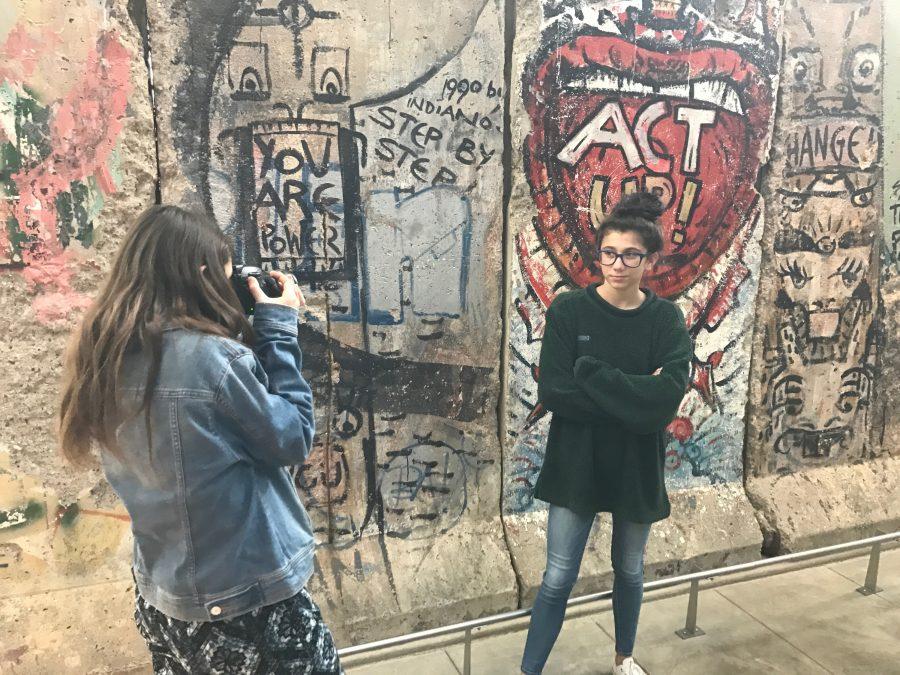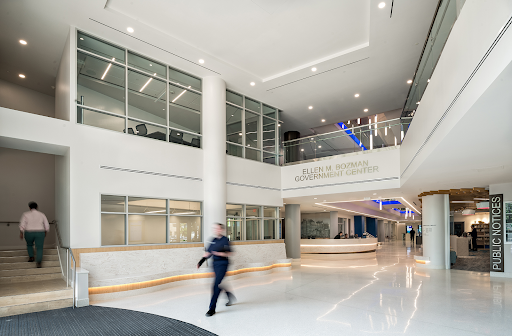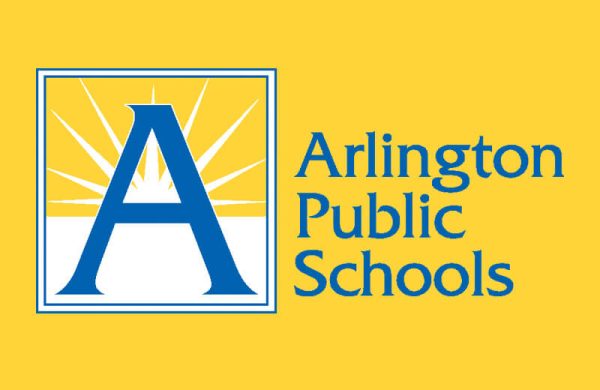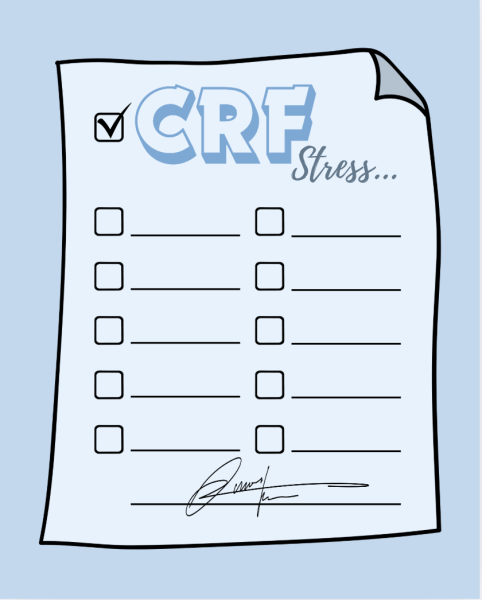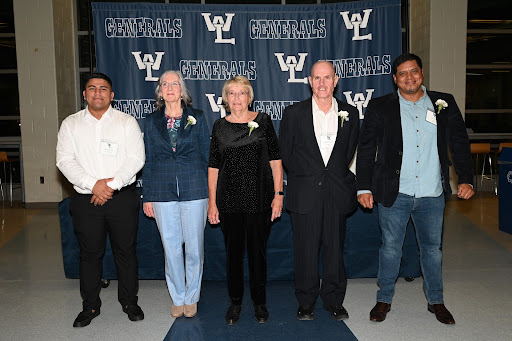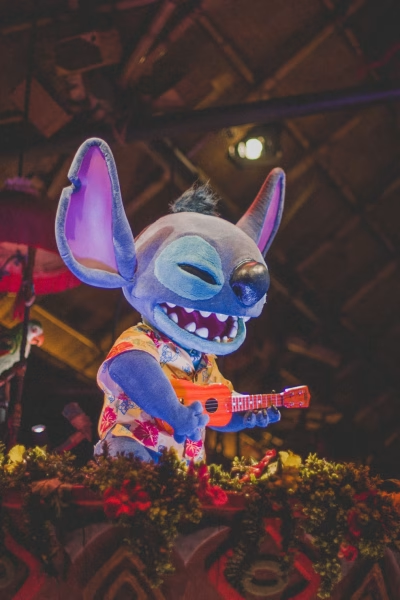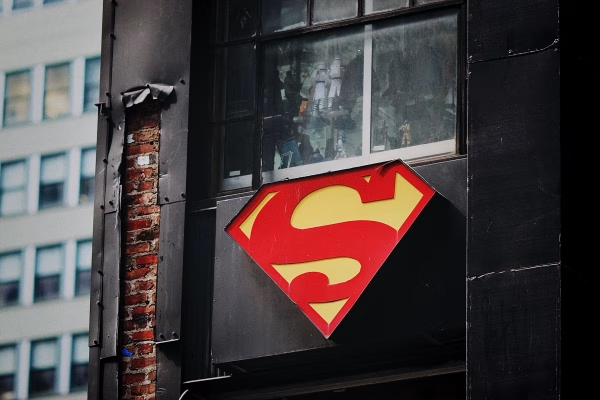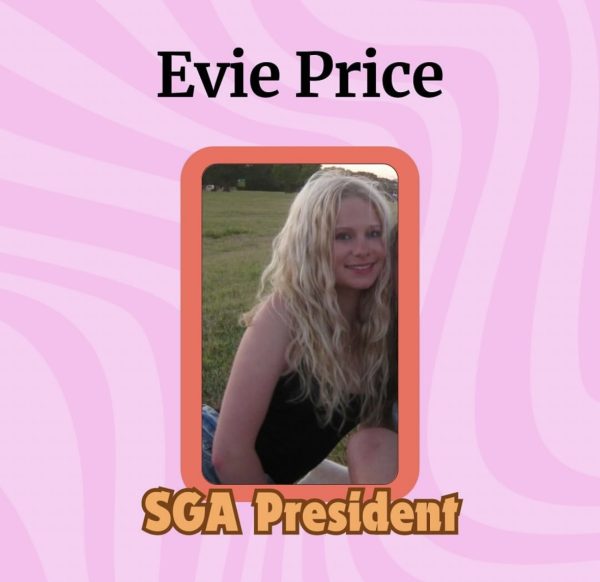Media marches
Sophomore Natalia Paley-Whitman takes a picture of sophomore Jessica Beyers in front of the historic Berlin Wall.
Since its creation around the turn of the century, social media has been a helpful tool for community leaders and organizers to bring people together. It has been arguably the most influential tool for creating service projects, spreading the word about charity events and ultimately finding other like-minded people to peacefully exercise their right to protest and with which to commiserate.
This new form of media has recently become an ideal place for leaders to work together and organize peaceful protests and civil disobedience. “I have been to five protests. I have heard about all these protests from news websites and other people that I follow on social media,” junior Sophia Toth said. “I will sometimes post the protests that I go to on social media like Twitter and Snapchat, or I will let others know about protests on social media to spread the word.”
One group that has wholly taken advantage of what social media has to offer is the Black Lives Matter (BLM) movement. The group has gained a lot of traction since it was started in 2012 after the acquittal of George Zimmerman for the murder of Trayvon Martin, a black teenager, and it has widely grown through national protests organized on social media. Now, the school has its own Black Lives Matter Club, where students can discuss BLM-related topics that are of interest to them and which affect their community.
When talking to the members of this club, their excitement becomes clear very fast. Many of them have been involved in BLM before and are looking forward to spreading their messages through the school’s community. “Over the past year I have been very involved with the Black Lives Matter DMV chapter in terms of protests and events that they have hosted,” junior club member Lydia Woldeyesus said. “In the beginning of this year, a few of my friends had been talking about starting this club [at the school]. They knew I would love to be apart of it, and now we hope for this club to grow with many members.”
Social media can help. The BLM club at the school will join the millions of others across the globe who use public forums like Twitter for spreading awareness and ultimately eliciting change. Scholars such as Habib Haque Khondker have said that the most formative way it has been used globally is through the Arab Spring that began on Twitter in early 2011 in Tunisia and Egypt. These original rebellions inspired more throughout the Middle East to Iraq, Libya, Syria, Yemen, Bahrain, Algeria, Iran, Lebanon, Jordan, Kuwait, Morocco, Oman and Sudan. They were all uprisings by and for the people, and participants found out about them through social media. In certain countries such as Egypt the government sought to block Twitter as a means to quench the revolution. @ArabsUnite tweeted on October 20, 2011, “The people were ruled for decades in fear of regimes this year the fear was overtaken by hope and dreams of change.. #ArabSpring.”
Back in the States, this form of communication has only grown more popular in recent months as Americans have taken to social media to voice their opinions on the impending change in the Presidential administration. Both right-wing and left-wing protests have been staged in big cities across the country, and the protestors do not seem to have any intention of stopping soon. “I completely believe that democracy is about showing both sides of the argument and sometimes one side wins over the other. The Constitution also gives people the right to protest,” Woldeyesus, who has participated in several anti-Trump rallies, said. “By protesting, I feel like I am showing Trump and his supporters that his behavior is not acceptable and will not be taken lightly.”
It is becoming very clear to Millennials that it is the newest and most effective platform for change. Not only is it where people go for support, a quick laugh or to receive and share important information, but also where people now go to start revolutions. “I am always amazed by how well read and knowledgeable my students are. They always know about events in the community even more widespread areas before I do, and it is because of how much information they get from social media,” minority achievement coordinator James Sample said. “This is the way people are doing things now, whether we like it or not.”


